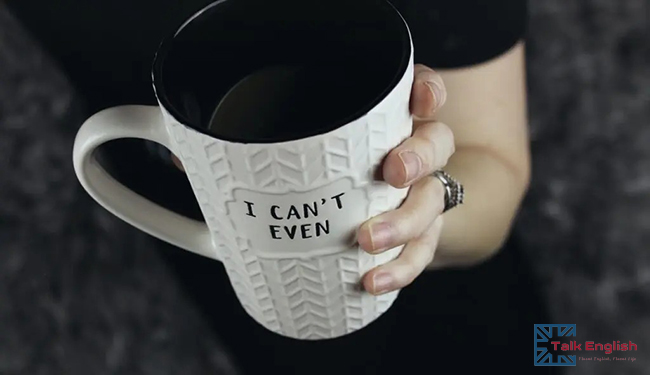We use "make out" to mean "understand" when something we see, hear or are trying to read is unclear or confusing.
This phrasal verb also means to kiss and touch repeatedly in a romantic way.
Make off with

If you are making off with something, you are trying to escape after stealing it!
Make sense
If something makes sense, it is understandable.
Make do
Many times, a situation is not perfect, but you still try to accomplish something as best you can. In these situations, we use "make do."
Make it
We use this to refer to appointments and plans. It means "to attend" or "to be on time," depending on the situation.
By the way, we have another article all about this phrasal verb: 5 Ways to Use "Make It" Like a Native English Speaker.
Make light of
Making light of something means joking about it or not taking it seriously.
Make over

The noun "makeover" means "a complete change in the appearance of someone or something." But this term can also be broken into two separate words and used as a phrasal verb.
Make of
We use "make of" to refer to an opinion about something or someone.
Make fun of
This phrasal verb is another way to say "tease."
Make into
"Make into" means to change something into something else.
Make the most of
This phrasal verb means getting the biggest benefit possible from something. It can be used to talk about things like time, opportunities and experiences.
Make up
As we've seen above, there are many words you can add to "make" to get a variety of meanings. However, most combinations only have one meaning each.
On the other hand, the phrasal verb "make up" can mean many different things depending on the situation.
To create/invent
When you make something up, you are creating or thinking of something, often suddenly and without preparation. It sometimes has a negative nuance, as in making up excuses to avoid punishment or using fake information instead of facts.
To become friends again

If you make up with someone after a fight or an argument, it means you are returning to your friendly or romantic relationship.
To compensate
If you make up for something, you are performing a positive action to compensate for something negative. For example, if someone takes a vacation, they will probably need to work a little harder when they return to their office since some work time was "lost" while they were away. In this situation, you can say that they need to "make up for" the time they were gone.
To prepare a bed for sleeping
To apologize

"Make up" is also used when giving a gift or doing something nice as a way to apologize for something bad that happened in the past.
Add "to" to this phrasal verb to direct the action toward a specific person. Also, pay attention to the inclusion of "it" in this example.



